2MB field notes from Antarctica

Just 2MB a day?! That's the data limit for the authors of our polar blog, so we’ll have to keep this short.
The Earth’s polar regions are regularly in the headlines with record high temperatures and melting glaciers and ice sheets. It’s crucial for scientists to regularly return to the same research sites to track how the climate is changing and how this is affecting fragile ecosystems. But there are other reasons for researchers to travel there: rising plastic pollution.
This spring, Gabriel Erni Cassola and Kevin Leuenberger from the University of Basel are on board the German icebreaker “PolarsternExternal link” in the Southern Ocean that encircles Antarctica. They are taking us with them to show us their field work via this new eight-part blog series.

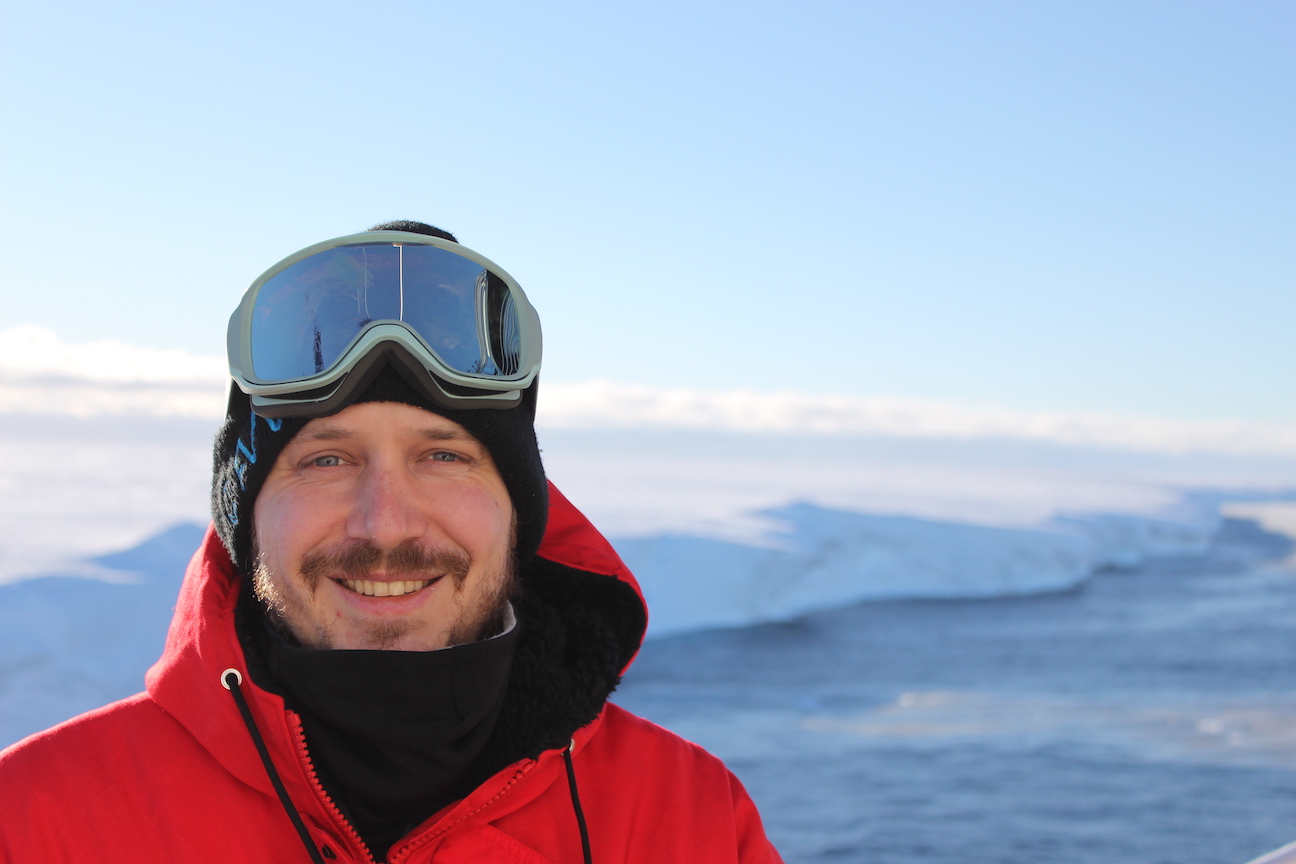
The researchers want to find out how animals and bacteria in the Antarctic are affected by microplastics. They will give us insights into their work, for example, when collecting fish samples via longline net and traps or experimenting with biofilm to look for plastic particles. We will also hear what life is like on board a polar expedition.
We first reached out to Gabriel and Kevin to create a video blog for SWI swissinfo.ch. The problem is that email data, which can only be transmitted via satellite, is strictly limited to two megabytes per passenger per day. This is only one example of how difficult it is to do research some 14,000 km from Switzerland.
Scroll down to read earlier entries from Gabriel and Kevin. To receive future editions of this blog in your inbox, sign up for our science newsletter by putting your e-mail address in the field below.
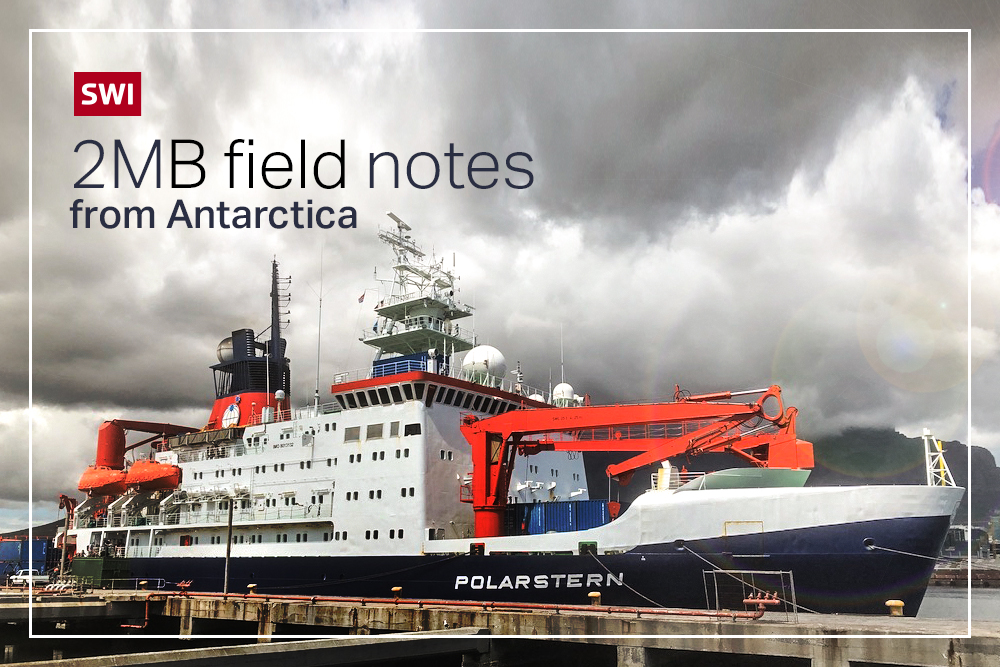
More
Why are we looking at plastic pollution in the Antarctic?
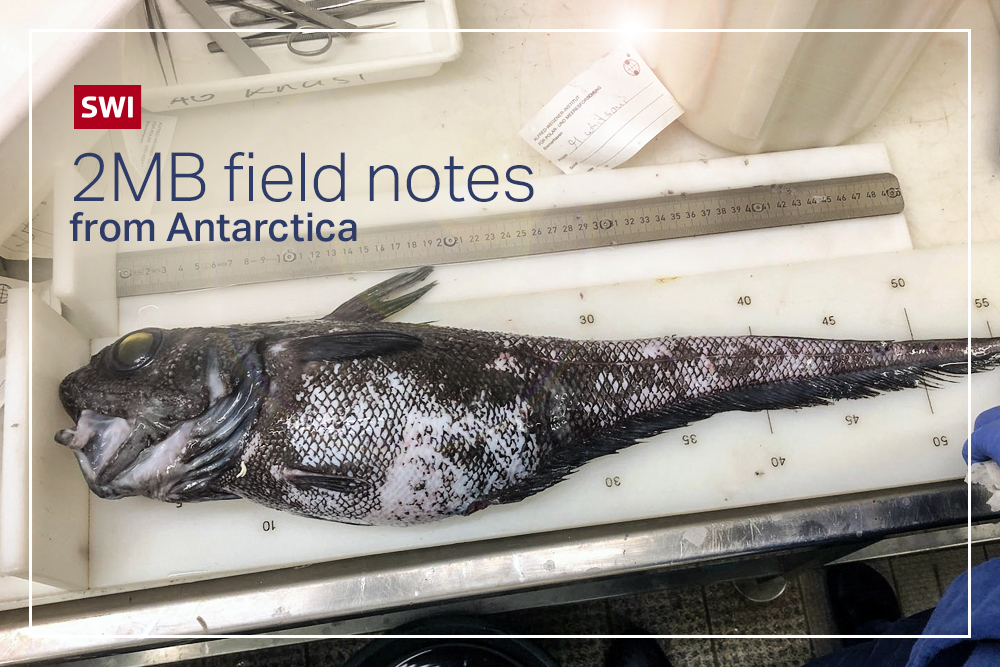
More
Is plastic on the menu of Antarctic fish?
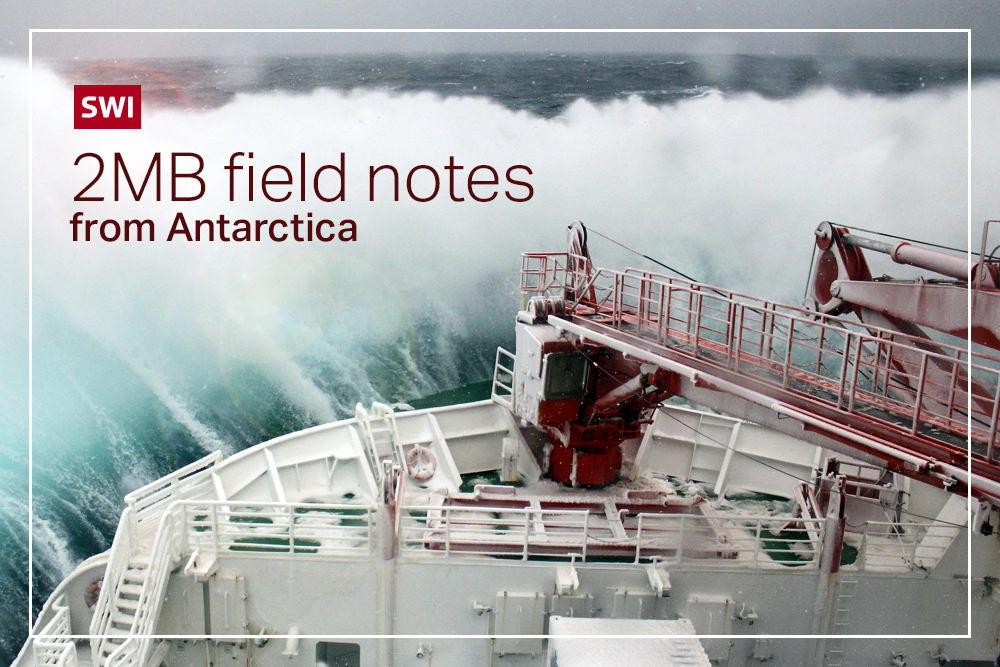
More
When storm ‘Gabriel’ hit the Weddell Sea
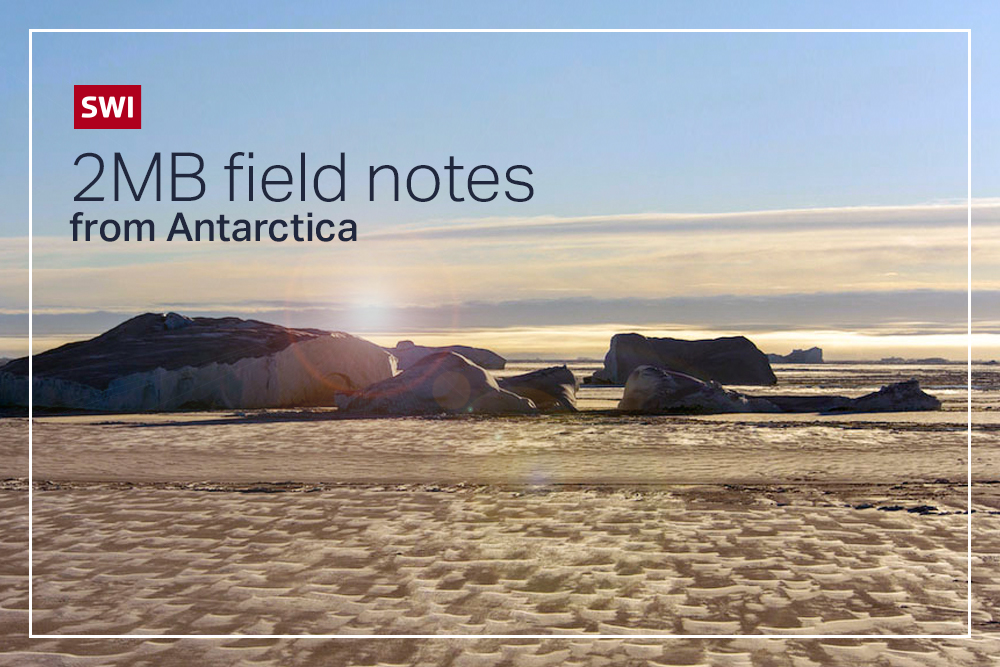
More
Microplastics research in the Antarctic often requires creative solutions
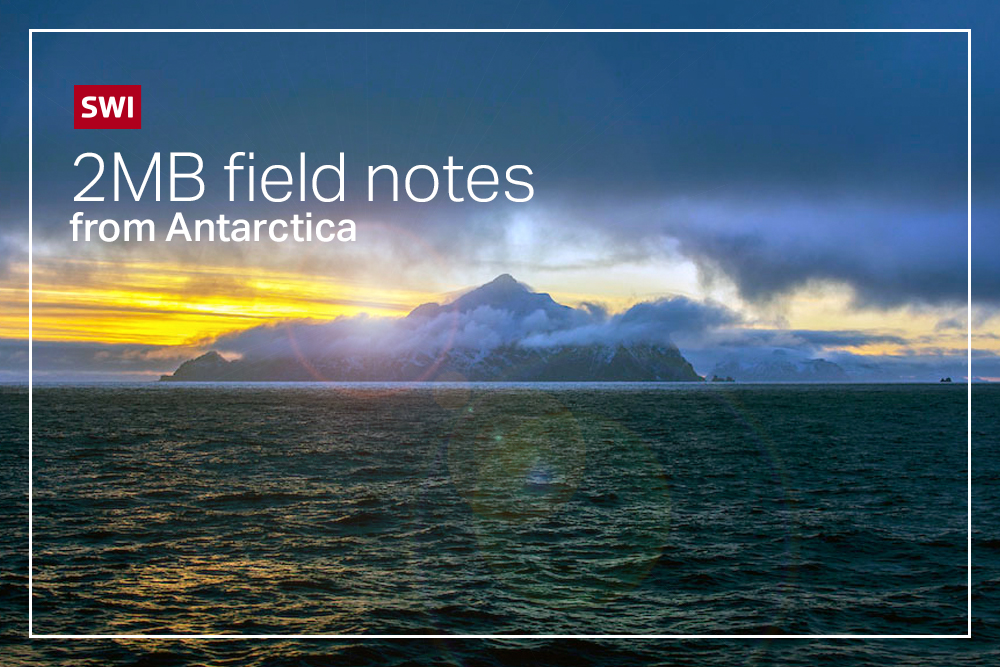
More
A surprise sighting: Ukraine’s stranded research vessel
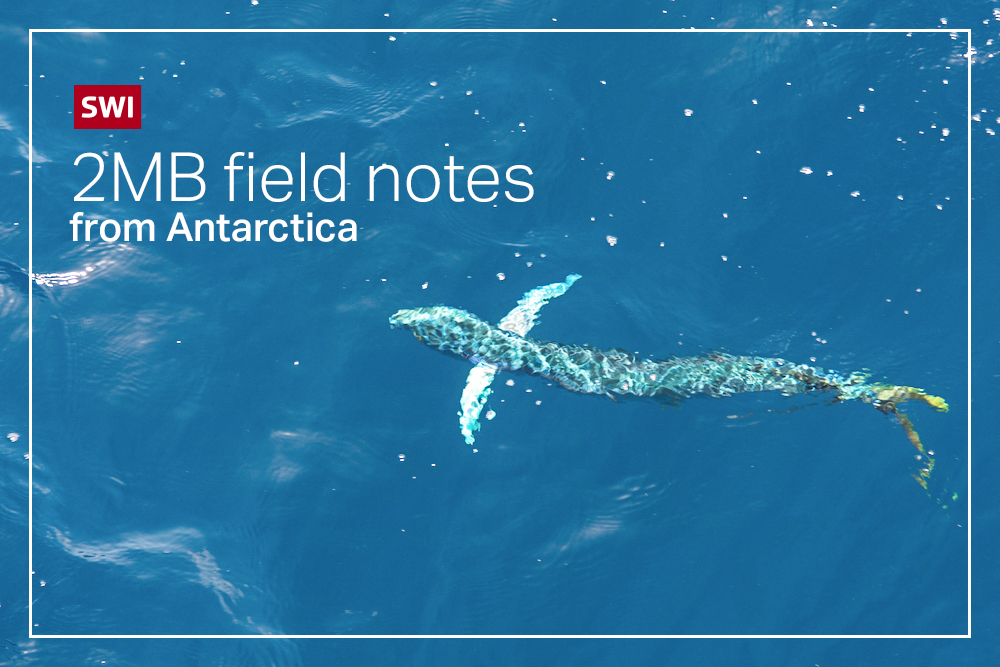
More
The expedition comes to an end

In compliance with the JTI standards
More: SWI swissinfo.ch certified by the Journalism Trust Initiative
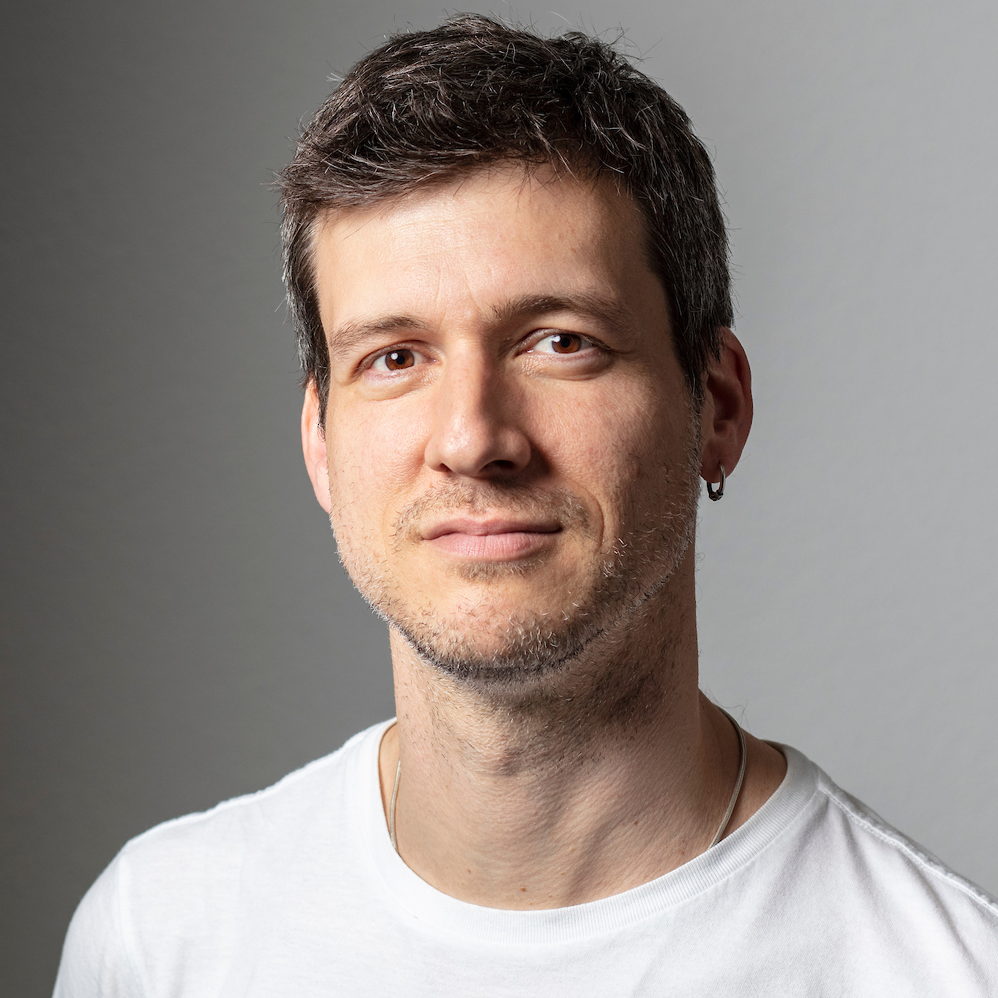








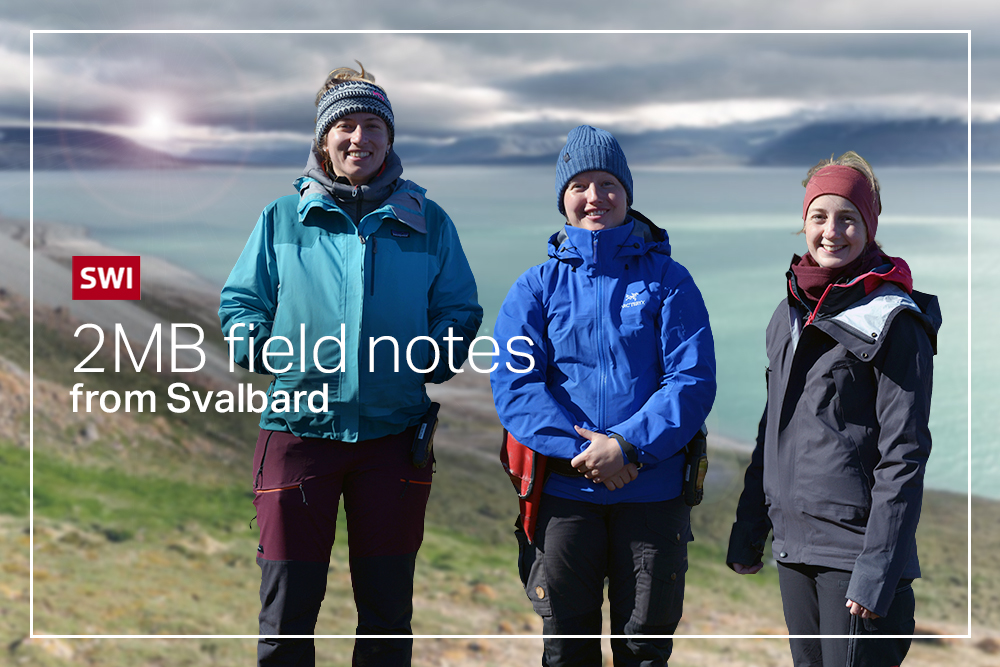
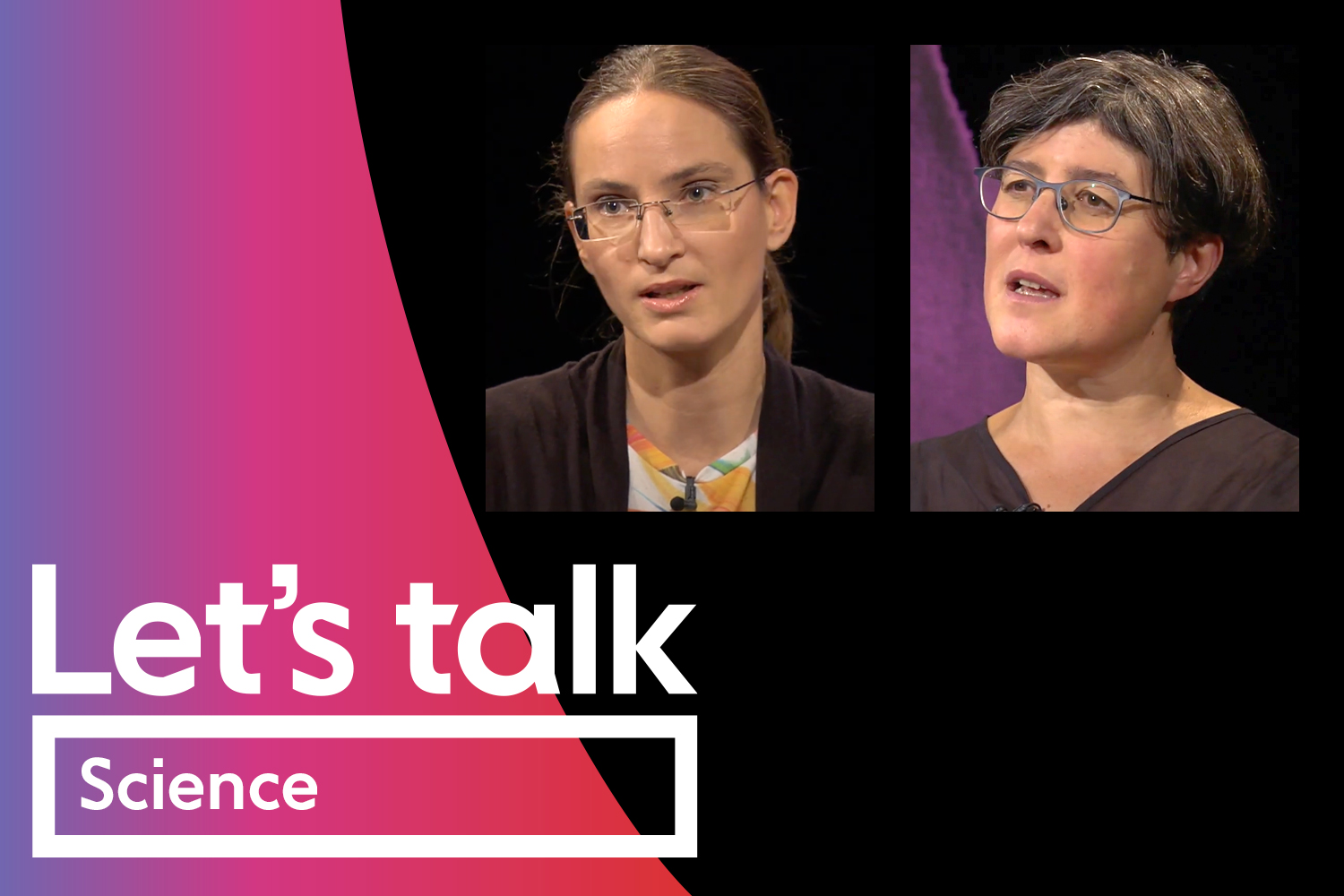

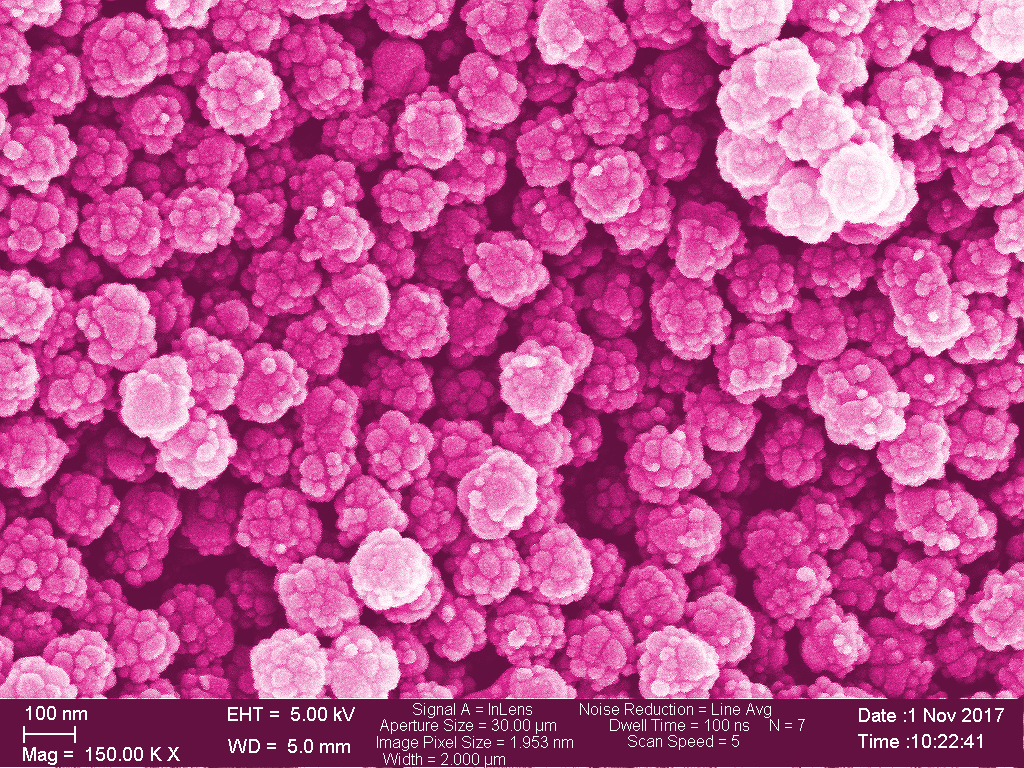
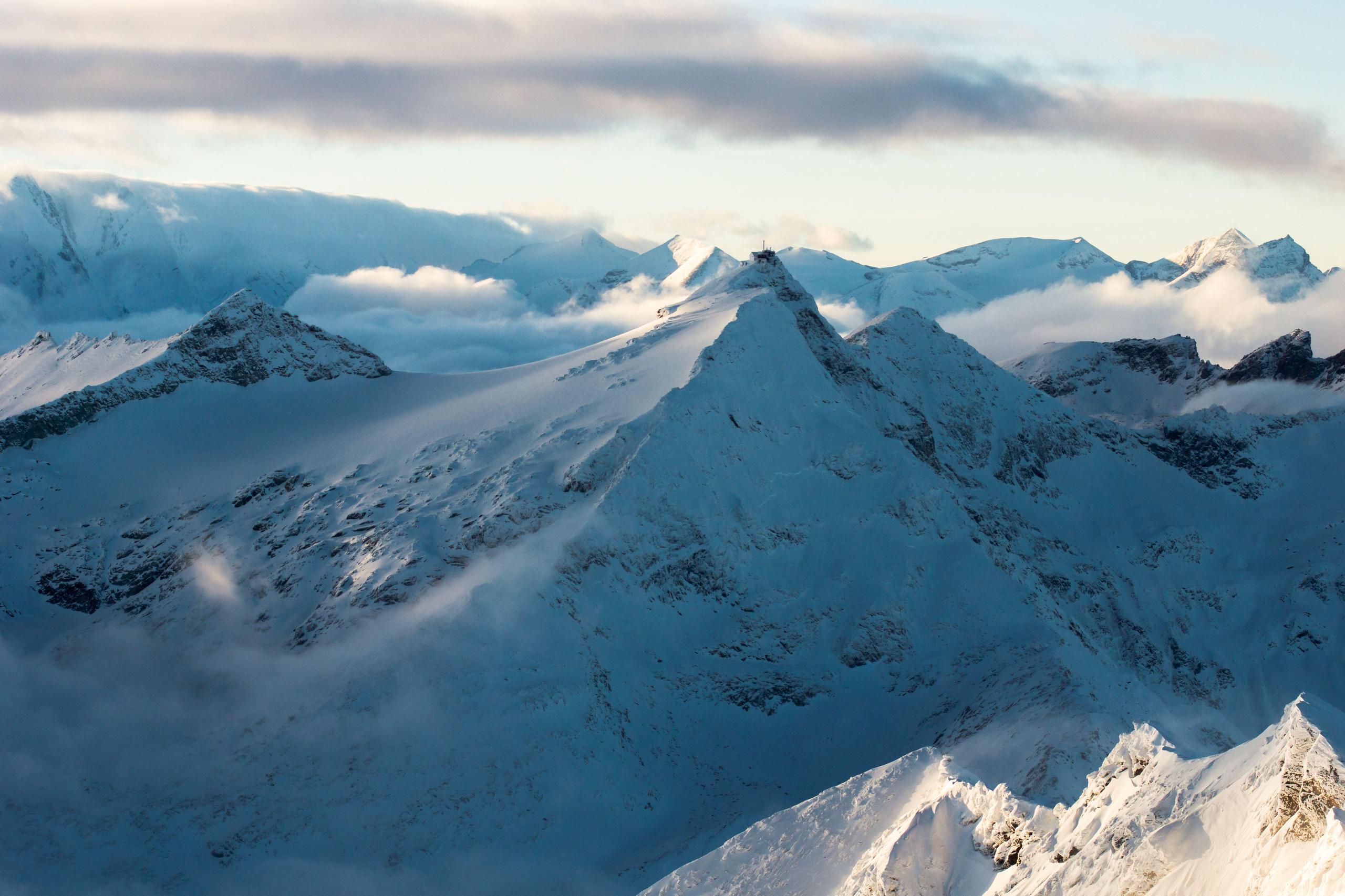
You can find an overview of ongoing debates with our journalists here . Please join us!
If you want to start a conversation about a topic raised in this article or want to report factual errors, email us at english@swissinfo.ch.